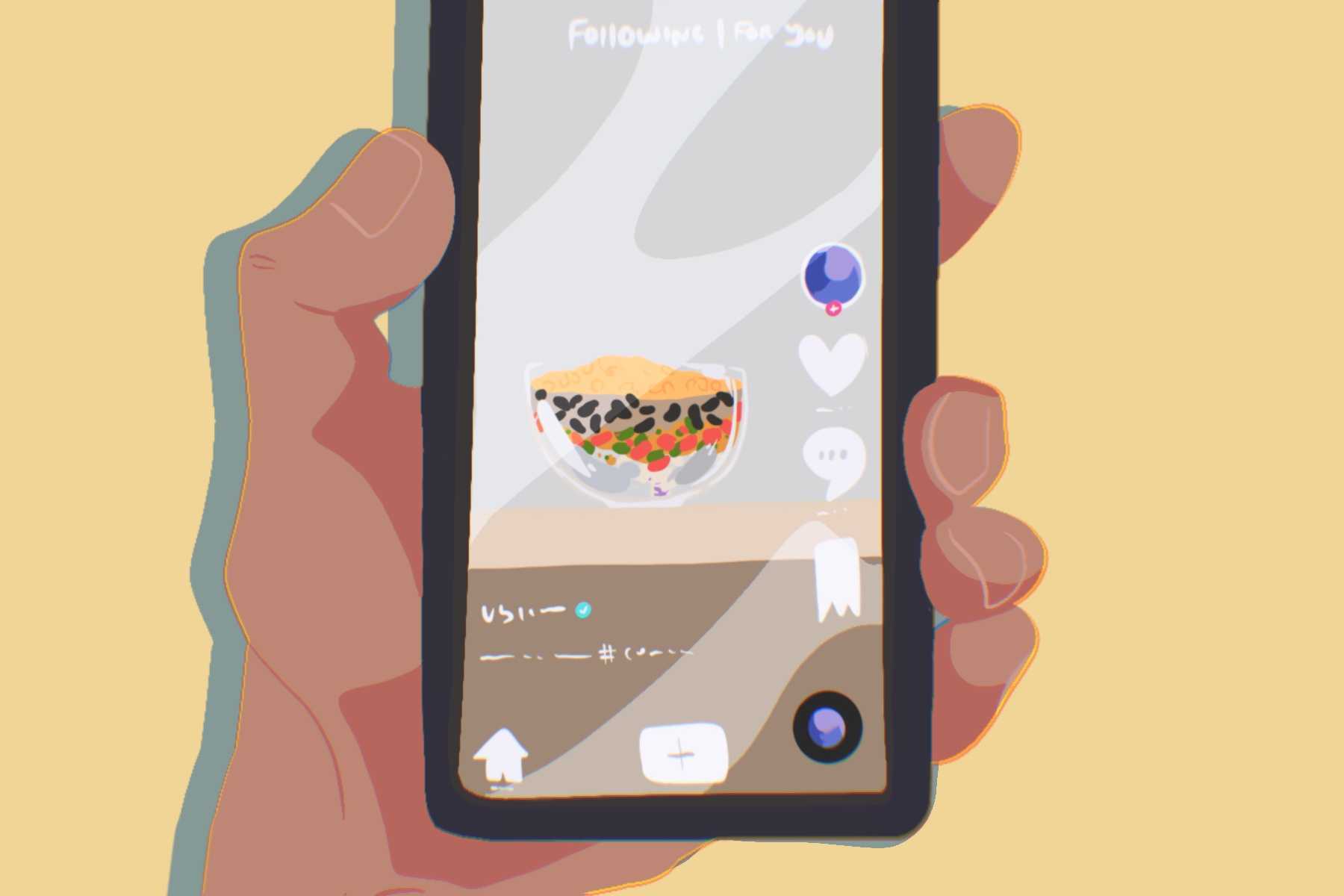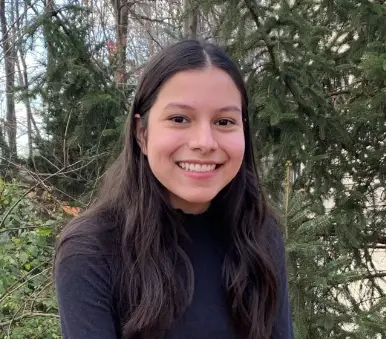Bria Lemirande was an average 23-year-old when she started posting TikToks, but her account @brialem quickly rose in popularity. Known for her soft voice, relaxed personality and comforting food videos, many fans see her as the wholesome creator that TikTok needs. Most known for her Trader Joe’s recommendations and simple recipes, Lemirande has received attention from many different brands, and her wide fan base admires her genuine nature and friendly disposition. However, she recently posted a video apologizing for naming her signature salsa “cowboy caviar.” Some viewers claimed she was passing a traditionally Hispanic cuisine as her own without giving credit. With over 3 million views, her apology video has received thousands of comments from users stating that Bria’s “cowboy caviar” videos were in no way offensive and that the apology was unnecessary.
Cultural appropriation can be challenging to define, as even the word “culture” is debated. However, generally speaking, cultural appropriation is “when members of a majority group adopt cultural elements of a minority group in an exploitative, disrespectful, or stereotypical way.” Cultural appropriation can also occur when members of the majority group take something from a marginalized culture without giving credit, although this is often because of a lack of knowledge, not bad intentions.
https://www.tiktok.com/@brialem/video/7123357567207738666?is_from_webapp=1&sender_device=pc&web_id=7115171223596811818
The backlash @brialem received started with one of her most popular kinds of uploads, videos of her making “cowboy caviar.” Many upset fans state the dish culturally appropriates “pico de gallo” and other traditionally Hispanic foods or ingredients. The nature of the dish is highly customizable, making everyone’s version of the salad different, either closer or further away from traditional Mexican pico de gallo and flavors. For example, Lemirande’s version uses a wide variety of ingredients from olives to candied jalapenos, mango and feta cheese, all topped off with a tangy homemade dressing. More minimalistic versions of the recipe simply call for a selection of two or three components instead of nearly a dozen like Lemirande.
As many defenders point out, Lemirande’s version does not even contain tomatoes, the main ingredient in pico de gallo. The origins of “cowboy caviar” come from 1940s Texas. The dish was initially called “pickled black-eyed peas,” the simplest version containing beans in a medley of vegetables with an acidic dressing.
In her apology video, Lemirande states that regardless of her intentions, she remains sorry for those she has offended with her “cowboy caviar” videos and that she will aim to be more mindful in future food-sharing videos. Lemirande explains that she ate the dish at parties and other social gatherings all her life and never claimed she created “cowboy caviar”; she only wanted to share a fun recipe.
Supporters commented on her apology video by the thousands that her recipe was not offensive and that it was wrong that she faced such scrutiny in the first place. Because the dish is so different from pico de gallo and the fact that they didn’t consider enjoying foods from another culture to be an issue, many feel her apology was unneeded. Popular grocery store Trader Joe’s even sells their own brand of very popular “cowboy caviar.” There was little context to tell Lemirande she shouldn’t make or post the recipe. Other commenters, however, stayed firm in their beliefs, sparking disagreement in the comments.
Current events and trends on TikTok may have put viewers on heightened alert toward Lemirande’s food videos. There have been several recent cases of offensive recipe renaming on the app that discredit traditionally Hispanic dishes and deserve attention. For example, within the past few weeks, several creators have posted recipes for “spa water,” which was quickly and justifiably met with criticism. Instead of simply water with lemon or cucumber, this “spa water” is a fruit-infused beverage more commonly known as agua fresca. A beloved category of drinks, agua frescas have been enjoyed for centuries with deep historical roots in Mexican culture dating back to the Aztecs. Making agua frescas and framing the recipe as new without acknowledging its origins discredits the beverage’s long history and cultural significance.
Important distinctions need to be made to separate Lemirande’s actions from offensive ones. First, it’s crucial to recognize that taking inspiration from a specific cuisine is not automatically cultural appropriation. Sharing food and recipes is a beautiful thing, and many fusion foods or videos describing the culinary influences of dishes help individuals gain exposure to dishes and cultures they may have otherwise been unreceptive to. Problems arise when the culture or influence of a recipe is not given proper credit or when the food is found respectful in some contexts but not others — for example, if a dish is seen as trendy or favorable when someone from the dominant group eats it or the food is otherwise remarketed (agua fresca to “spa water”), then it is obviously overshadowing minority groups.
In the case of Lemirande, she states that she was unaware of any previous cultural ties and was in no way attempting to rebrand a traditional dish. Furthermore, there aren’t many ties to be aware of with cowboy caviar: Even the average individual searching the term will find source after source explaining the dish was created in the ’40s in Texas. The combination was never meant to be a rival pico de gallo, instead functioning as its own dip, or salad, depending on whose recipe you are referencing. Just because her mixed salad has components of Southwest cuisine and other Hispanic dishes does not make her the same as someone trying to pass off pico de gallo as their own recipe.
Whether you stand firm in the belief that “cowboy caviar” is a form of food-based cultural appropriation, or you believe Lemirande’s apology was unneeded, there are positive aspects to the story. Negative attention only briefly affected Lemirande’s image and content, and the creator and her fans quickly put the event in the past. Additionally, the discussion prompted by the recipe videos and apology allowed for an open conversation about what is offensive and what isn’t, where those boundaries lay, and why they are essential to understand. A hyper-vigilant microscope can lead to harsh and misguided criticism while turning away from these topics leads to a lack of healthy conversation and growth. Clearly, there is much to be learned from this brief controversey, and Lemirande handled the situation with incredible grace and humility.

















